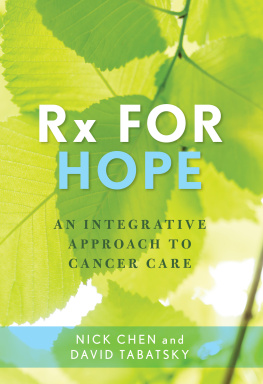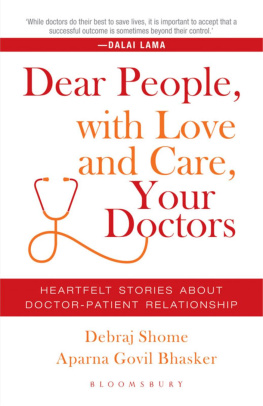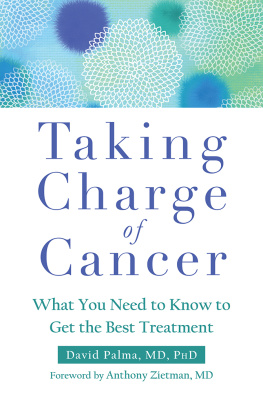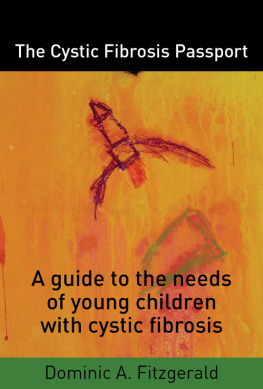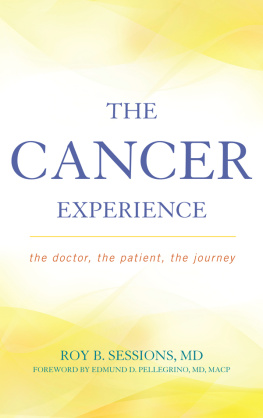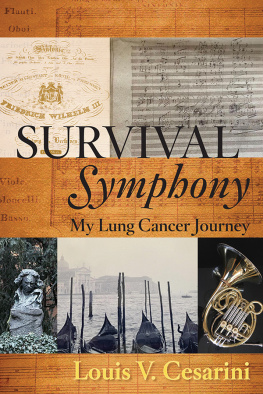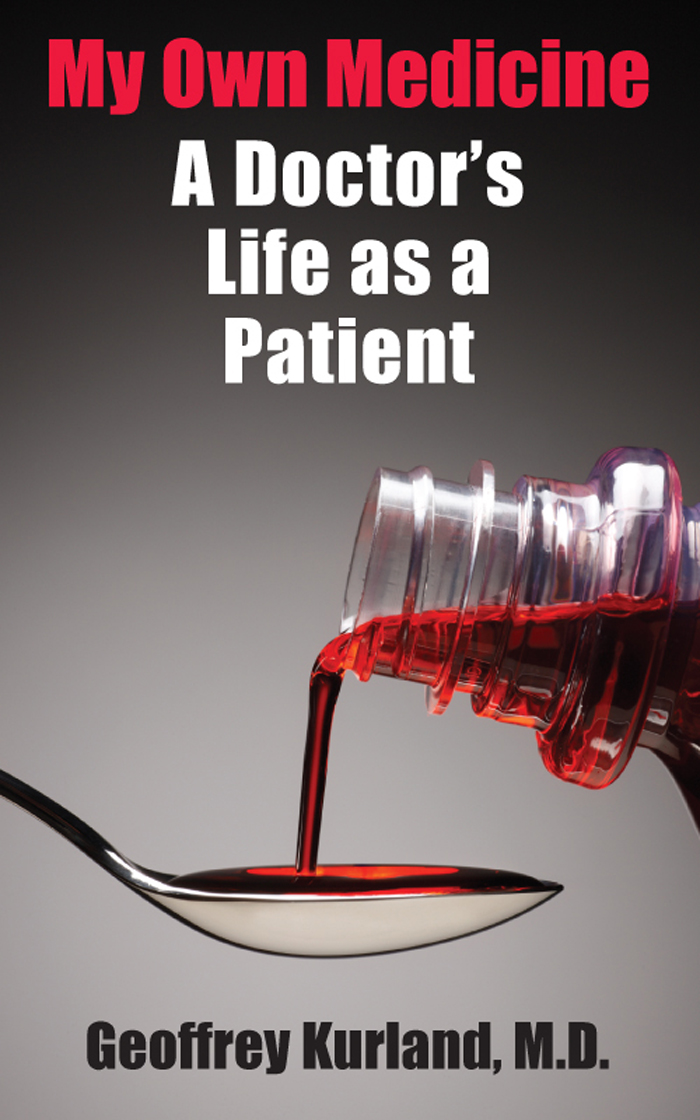Geoffrey Kurland - My Own Medicine: A Doctors Life as a Patient
Here you can read online Geoffrey Kurland - My Own Medicine: A Doctors Life as a Patient full text of the book (entire story) in english for free. Download pdf and epub, get meaning, cover and reviews about this ebook. year: 2013, publisher: Diversion Books, genre: Detective and thriller. Description of the work, (preface) as well as reviews are available. Best literature library LitArk.com created for fans of good reading and offers a wide selection of genres:
Romance novel
Science fiction
Adventure
Detective
Science
History
Home and family
Prose
Art
Politics
Computer
Non-fiction
Religion
Business
Children
Humor
Choose a favorite category and find really read worthwhile books. Enjoy immersion in the world of imagination, feel the emotions of the characters or learn something new for yourself, make an fascinating discovery.

- Book:My Own Medicine: A Doctors Life as a Patient
- Author:
- Publisher:Diversion Books
- Genre:
- Year:2013
- Rating:5 / 5
- Favourites:Add to favourites
- Your mark:
My Own Medicine: A Doctors Life as a Patient: summary, description and annotation
We offer to read an annotation, description, summary or preface (depends on what the author of the book "My Own Medicine: A Doctors Life as a Patient" wrote himself). If you haven't found the necessary information about the book — write in the comments, we will try to find it.
Approaching his forty-first birthday, Dr. Geoffrey Kurland was a busy man. His work as a Pediatric Pulmonologist , caring for children with lung diseases such as cystic fibrosis and asthma, led to long hours on the wards at the University of California, Davis Medical Center. At the same time, he was in the midst of training for the Western States Endurance Run, a grueling 100-mile long footrace across the wilderness of the Sierra Nevada Mountains. His long training runs, the responsibilities of patient care and teaching, and relationships attempting to replace his departed girlfriend occupied most of his life.
Dr. Kurlands ordered world is suddenly turned upside-down when he is diagnosed with Hairy Cell Leukemia, a rare blood cancer with a low survival rate. His work, his running, and his friendships are altered by his struggle to survive. He finds he must undergo many of the procedures he performed on his patients, must endure surgery and chemotherapy, and must relinquish control of his life to his physicians, surgeons, and his disease. He learns first-hand what cannot be taught in medical school about the consuming power of a chronic illness and its treatment.
Confronting his own mortality, Dr. Kurland is now the patient while remaining a physician and runner. With the support of his physicians at the Mayo Clinic, the University of California, and the University of Pittsburgh, he resolves to continue to live his life despite his potentially fatal disease. He discovers his personal inner strengths as well as weaknesses as he struggles to confront his illness and regain some of the control he lost to it.
Along his nearly two and a half year journey, we follow Dr. Kurland as he endures surgical procedures, chemotherapy, and life-threatening complications of his illness. He emerges into remission with new inner strength and understanding of what it means to be a doctor. He also finds that he is still a runner, with the same goal, to run the 100 miles across the Sierra Mountains.
PRAISE:
Taut, dramatic, and intensely real...Very well written. Oliver Sacks, bestselling author of Seeing Voices and Hallucinations
[My Own Medicine] should be required reading for every medical professional. Kurland never asks for sympathy or pity...What comes through powerfully is his humanity, which his own bout with illnesses has clearly enhanced, and from which both his patients and his readers will benefit. The New York Times
While training as a pediatric pulmonologist, Kurland told a patient, I know how you feel; years later, when he was diagnosed with a rare form of leukemia, he discovered just how untrue this was...The way in which serious illness alters ones sense of self and of life is compellingly expressed in this energetic, nervy narrative, as Kurlands illness and eventual recovery collide with a host of profound shiftsa big career move, the death of a colleague, an unravelling relationship with his girlfriend, and a deepening one with his parents. The New Yorker
Geoffrey Kurland: author's other books
Who wrote My Own Medicine: A Doctors Life as a Patient? Find out the surname, the name of the author of the book and a list of all author's works by series.

